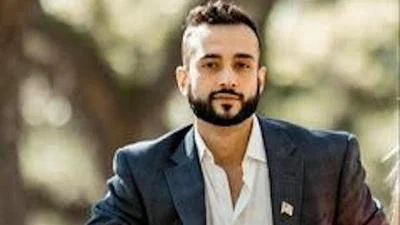- Pro golfer Bryson DeChambeau began experiencing dizzy spells at the 2020 Masters.
- After meeting with an ENT specialist, DeChambeau learned that his vertigo was caused by a blocked nasal passage.
- After sinus surgery, DeChambeau found that his dizziness went away, his thoughts were clearer, he could speak better and his energy levels were higher.
The doctor explained that the cyst was limiting air flow in DeChambeau's nasal passage, which meant he wasn't getting enough oxygen. His low nitric oxide levels were causing his dizzy spells.
DeChambeau had sinus surgery to remove the cyst and improve his nasal passages. For three or four days after the surgery, he had to breathe through his mouth to avoid straining his nose, which he said led to an uncomfortable sore throat. However, after those few days had passed, he said he could breathe properly for the first time in years, and other aspects of his health improved as well.
“To get that fixed, it’s been the greatest decision of my life,” DeChambeau told LIV Golf. “My energy level is so much better. My clarity of thought is way better. I don’t know if you can tell, but my speech is a lot more fluent and I’m not stopping as much or pitching as much like I used to last year and before. I feel like I’m back to 2018 me.”
At the beginning of 2018, DeChambeau was ranked 99th, but a series of wins led to him finishing out the year ranked 5th.
Local doctor, Monty Trimble, of Dallas Breathe Free Sinus & Allergy Centers told Lone Star Standard that patients who undergo minimally invasive sinus surgery are typically able to resume their day-to-day activities within several days.
"People who have balloon sinuplasty tend to have a fairly quick recovery," Trimble said. "Once they get through the first day, they can tend to get back to normal activities the next day. Usually within two to three days, if they want to get back to exercising, travel or flying, they can do that. So that's the advantage of doing minimally invasive procedures is that being able to get back to work tends to be quicker."
The inflammation that comes along with chronic sinusitis can cause difficulty concentrating, as well as depression, according to University of Washington School of Medicine. Chronic sinusitis sufferers might also experience lower energy levels, facial pain and pressure, decreased sense of taste and smell, coughing, congestion and nasal discharge, according to Cleveland Clinic.
For more information about the symptoms of sinusitis and allergies, take this Sinus Self-Assessment Quiz.





